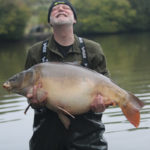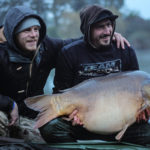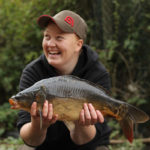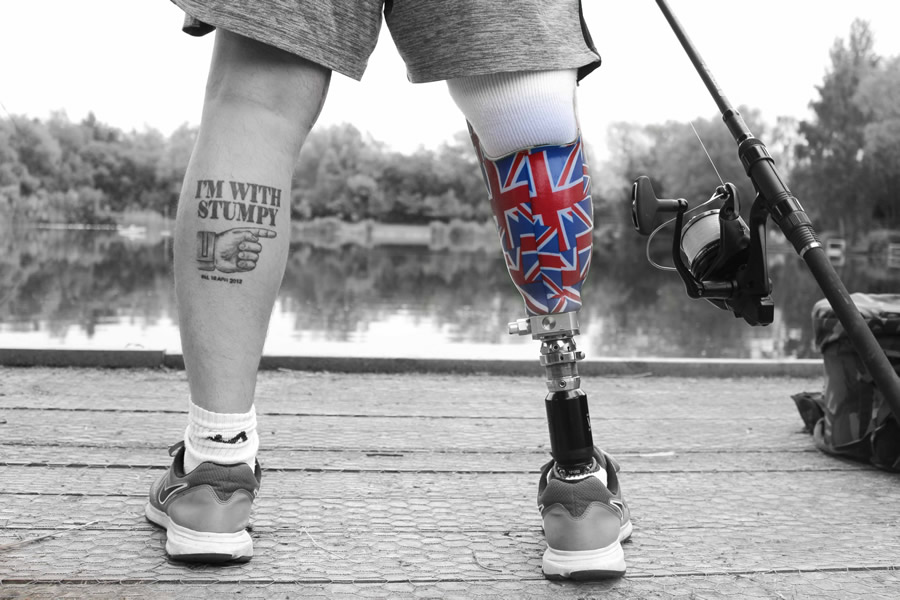
Get Fishing News
We all know fishing is relaxing but here’s how it can reduce PTSD in military veterans….
When Angling Trust Head of Participation Clive Copeland heard about the work that iCARP does to reduce mental health issues in military veterans, he immediately saw a connection with several Government outcomes his sport is funded to deliver…
iCARP, the appropriate shortening of ‘Investigating Countryside and Angling Research Projects’, was founded in 2018 by Dr Mark Wheeler and Dr Nicholas Cooper to continue his research on how being active outdoors can lessen PTSD, depression, anxiety, stress and re-adjustment to work and society after armed service. iCARP’s studies involve taking groups of military veterans who are struggling with mental health issues away for fishing trips. They are supplied with all the tackle and bait they need as well as having the support of qualified angling coaches and mental health professionals in attendance. Over 100 men, women and their children have been through the experience. Testimonies about iCARP from family members include “it saved them from taking their own life” and “without you he would have taken his life”.
Now, the Angling Trust, the sport’s governing body in England, has stepped in to contribute backing for iCARP with financial support that might make weekly fishing trips for veterans a reality. Clive Copeland said: “Defra’s 25 year Plan for the Environment, the Sport England Strategy for Sport and the just-launched National Angling Strategy all reference the contribution that sport and the outdoors make in improving the mental health and wellbeing of individuals, and our sport of angling makes a huge contribution to this outcome.”
Dr Wheeler’s former six years of studies with military veterans had incorporated horse riding, falconry and archery, but it was angling that stood out as having the best results when dealing with the broken military bonds, mental health stigma, isolation and reluctance to discuss trauma that his patients reported. Clive added: “The Angling Trust hopes to ensure angling can make a real difference to the lives of trauma survivors by helping fund research into this vitally important area and providing support to Dr Wheeler and his team to deliver the iCARP programme.” The Angling Trust’s contribution will be mostly used to upskill iCARP’s growing workforce of willing volunteers, specifically by training angling sports coaches. This will enable iCARP to reach its goal of running weekly fishing trips that could mean over 250 participants experiencing the intervention annually.
Dr Wheeler commented on the support from this new key partner: “iCARP are really proud to have the backing of such a prestigious organisation as the Angling Trust. The finance to help further studies, and to train our volunteers and make them fully qualified licenced angling coaches is invaluable. The Angling Trust’s belief and shared vision of what the wonderful sport of angling offers to people’s wellbeing, demonstrates its passion for this much-loved pastime. Our collaboration will help enable change for the people we work with – the survivors of trauma – so that iCARP can continue to make a difference.”
-
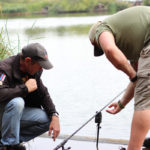
- 2) Not all wounds are visible, the interventions iCARP provide, help alleviate mental health distress for the participants
–ENDS–
Notes for Editors:
Useful Links:
1. Defra’s 25 year Plan for the Environment: www.gov.uk/government/publications/25-year-environment-plan
2. Sport England Strategy for Sport: www.sportengland.org/active-nation/our-strategy
3. National Angling Strategy: www.gov.uk/government/news/new-national-angling-strategy-aims-to-get-more-people-fishing
Video of iCARP:
1. iCARP research trip to the Quarry 2019 – Watch HERE
ITV’s Serena Sandhu’s coverage of iCARP’s research trip to the Quarry in Chelmsford Essex
2. A first hand account of the benefit felt from iCARP trips – Watch HERE
Tim Hett briefly about his struggles, and the benefit of the fishing trips with iCARP
iCARP images:
For high resolution versions of images used in this article or others like them please contact Dr. Mark Wheeler.
iCARP

Contact Details:
Dr Mark Wheeler CPsychol, Co-founder and CEO iCARP
mark@icarp.org.uk
Twitter: @IcarpCic
Instagram: @icarp_cic
Facebook: @iCARP
www.icarp.org.uk
Q and A with Dr Mark:
Editors: Please use any parts of this for your own article.
What is Post-Traumatic Stress Disorder (PTSD)? PTSD can happen after someone experiences a traumatic event like combat, assault or disaster. Most people have some stress reactions after trauma. If the reactions don’t go away over time or if they disrupt your life, you might have PTSD.
Why don’t some military survivors of trauma receive treatment? The inherent lack of provision within the NHS for multiple trauma PTSD, IAPT services not treating multiple trauma because it’s perceived “too complex” for primary care, waiting lists often exceeding 12 months and veteran’s response to formal therapy being poorer than civilians. Also, military veterans experience high levels of stigma around seeking formal care and as such are difficult to engage.
Where do you carry out this work? I’m based in the super garrison town of Colchester, Essex, England and I’ve been working as a trauma therapist within the NHS for 10 years, offering the NICE guidelines recommended therapies of Eye Movement Desensitisation and Reprocessing (EMDR) or Trauma Focused Cognitive Behavioural Therapy (TF-CBT).
Why work with the military? A high percentage of my client base are military veterans. I became aware whilst working in this role that many of my patient’s military colleagues were also suffering from the symptoms of PTSD but found it hard to fit in with traditional therapy due to the sense of stigma around mental health.
You’ve committed 6 years of your life to this. Why? It was the awareness of this unmet need that led me to do a research PhD in Psychology at the University of Essex. My aim as to identify an intervention that would attract military veterans with a diagnosis of PTSD to an alternative programme, relieve their symptoms and move them towards recovery. From there I went on to create Peer Outdoor Exposure Therapy (POET). This unique method incorporates elements of green exercise, peer support and exposure to traumatic memories to aid psychological recovery.
Where does fishing fit into all this? To facilitate POET (see above), we take participants to fishing lakes in peer groups. They are joined by psychologists, mental health professionals, first aiders, angling coaches and peer mentors. During their stay (usually three days and two nights) they’ll have their own individual ‘bivvies’ (fishing tents) and camp beds set up around the lake and will fish under the supervision of their angling coaches. They are encouraged to socialise with other participants, peers and support staff. Meals are eaten communally, and social support is established through a closed Facebook page.
Does it work? The research into POET has been extensive and has taken six years to complete. I’ve run pilot studies into various outdoor “green exercise” options including horse riding, falconry and archery and all of them were found to beneficial and reduced the symptoms of PTSD and other mental health disorders. However, the most noteworthy improvement was found when we used angling as the green exercise element of POET, with significant improvement being recorded in PTSD, Depression, Anxiety, Stress and Work and Social adjustment when I compared before and after scores. This improvement was still seen when I looked again after three months. I went on to run a randomly controlled trial (RCT) and this further demonstrated the efficacy of POET.
What do participants say? Since beginning the research over 100 participants (men, women and their children) have been through the experience. We have testimonies directly from participants expressing that their attendance at the study “it saved them from taking their own life”. We have had family members state “without you he would have taken his life”. Many of the veterans that have experienced POET have gone on to volunteer at further events too.
What are your plans for the future? Well, so far participants have been predominantly adult, but this is mainly because up to now we’ve only run one family day. We want more children, young people and families to get the benefits too though so we’ll be running more family trips though, and already have dates pencilled in for this year so that more families can experience the benefits of fishing together.
You might also like

Angling Trust Presses Water Commission to Go Faster and…

VIDEO: Alice and her 3 boys have a day…
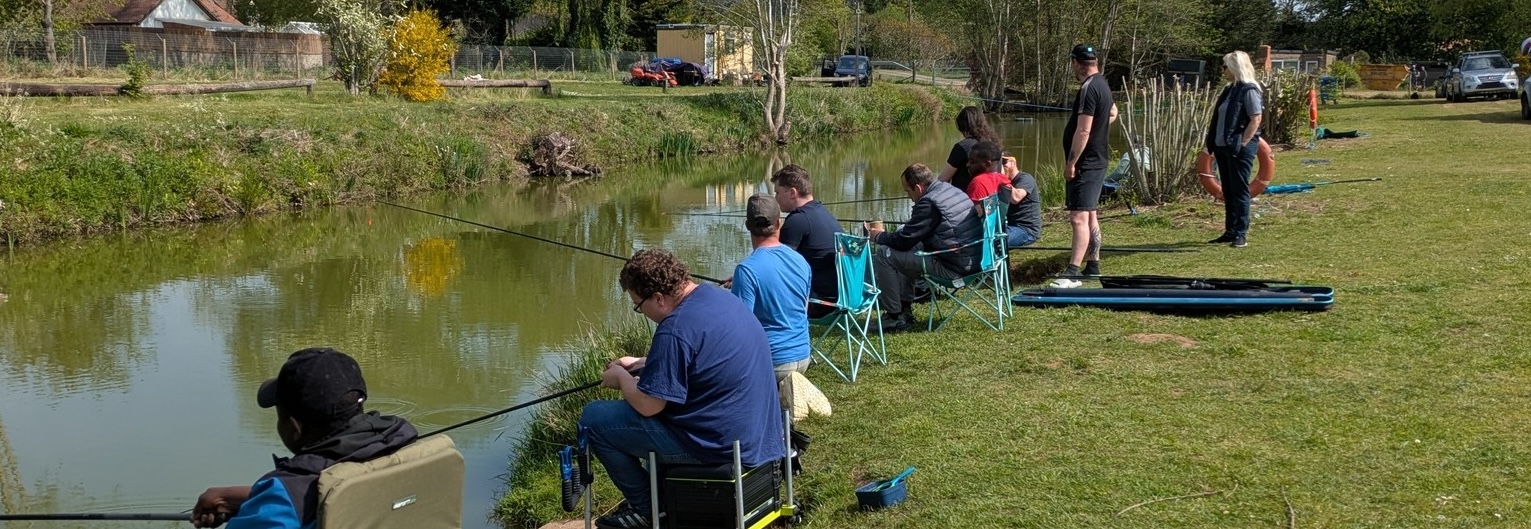
Recovery Rods help boost mental health and wellbeing by…

Teddy is hooked! – back for more fishing and…

Thank you to all our volunteers – you do…

Get Fishing Fund – Funded Project: HACRO were visited…
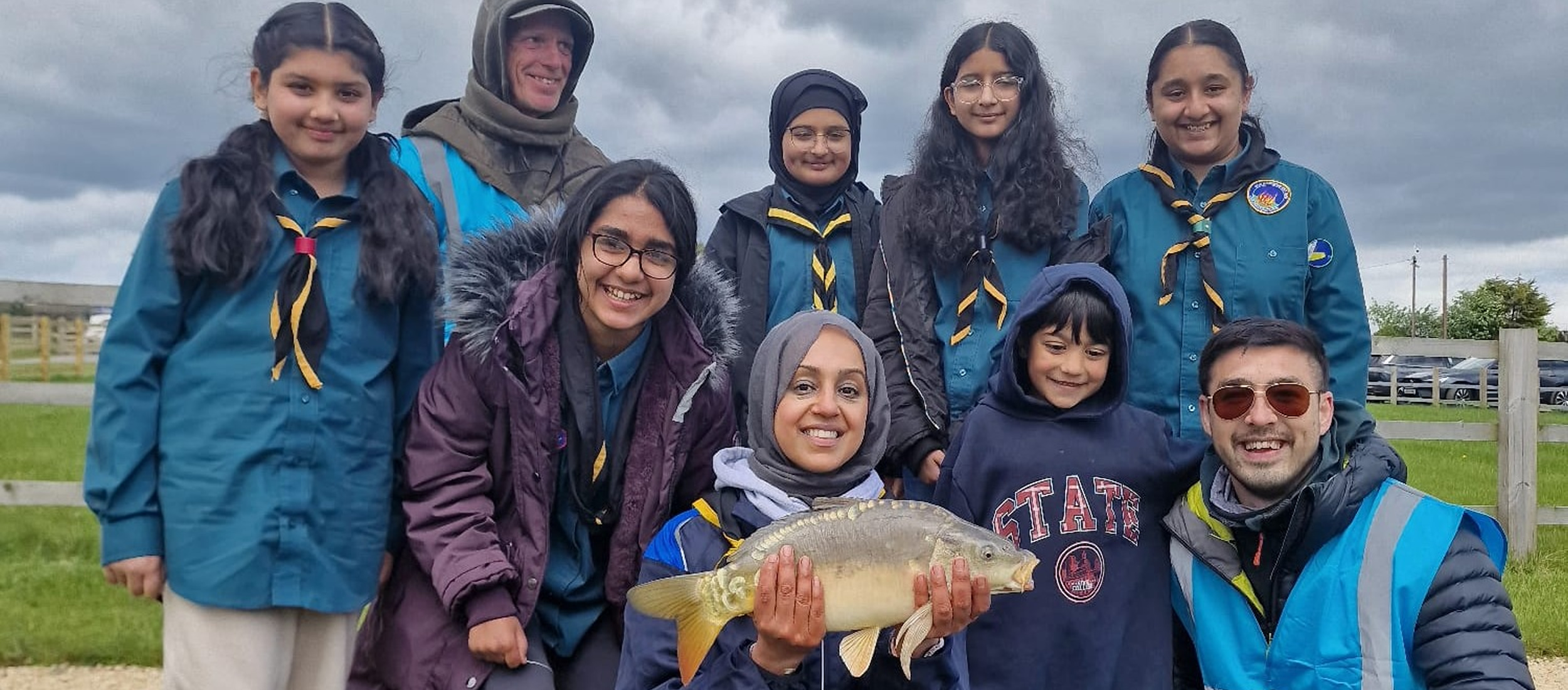
New Horizons had an amazing day taking part in…
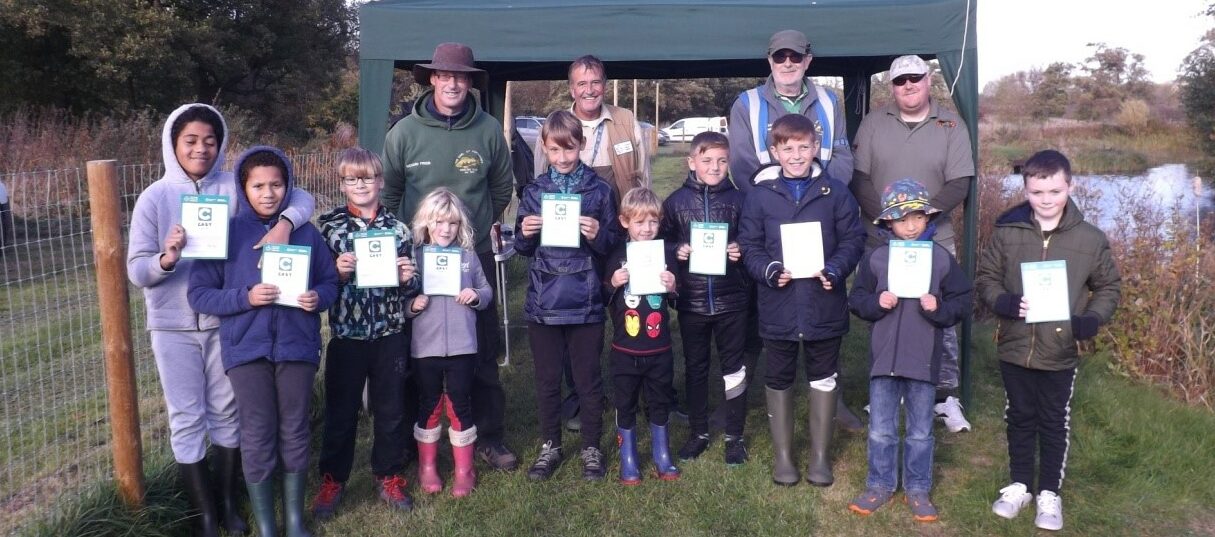
Get Fishing Fund – Funded Project Blog: Steve Clamp…
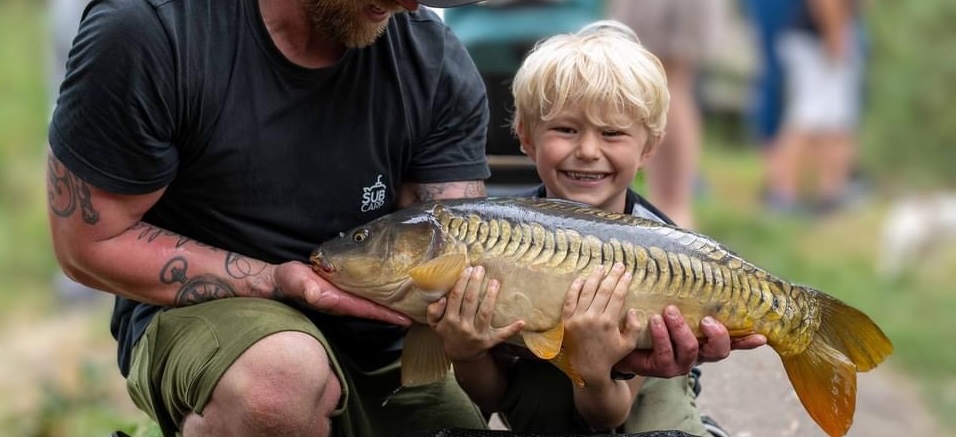
Somersham Angling Club hosted some fabulous Get Fishing events…
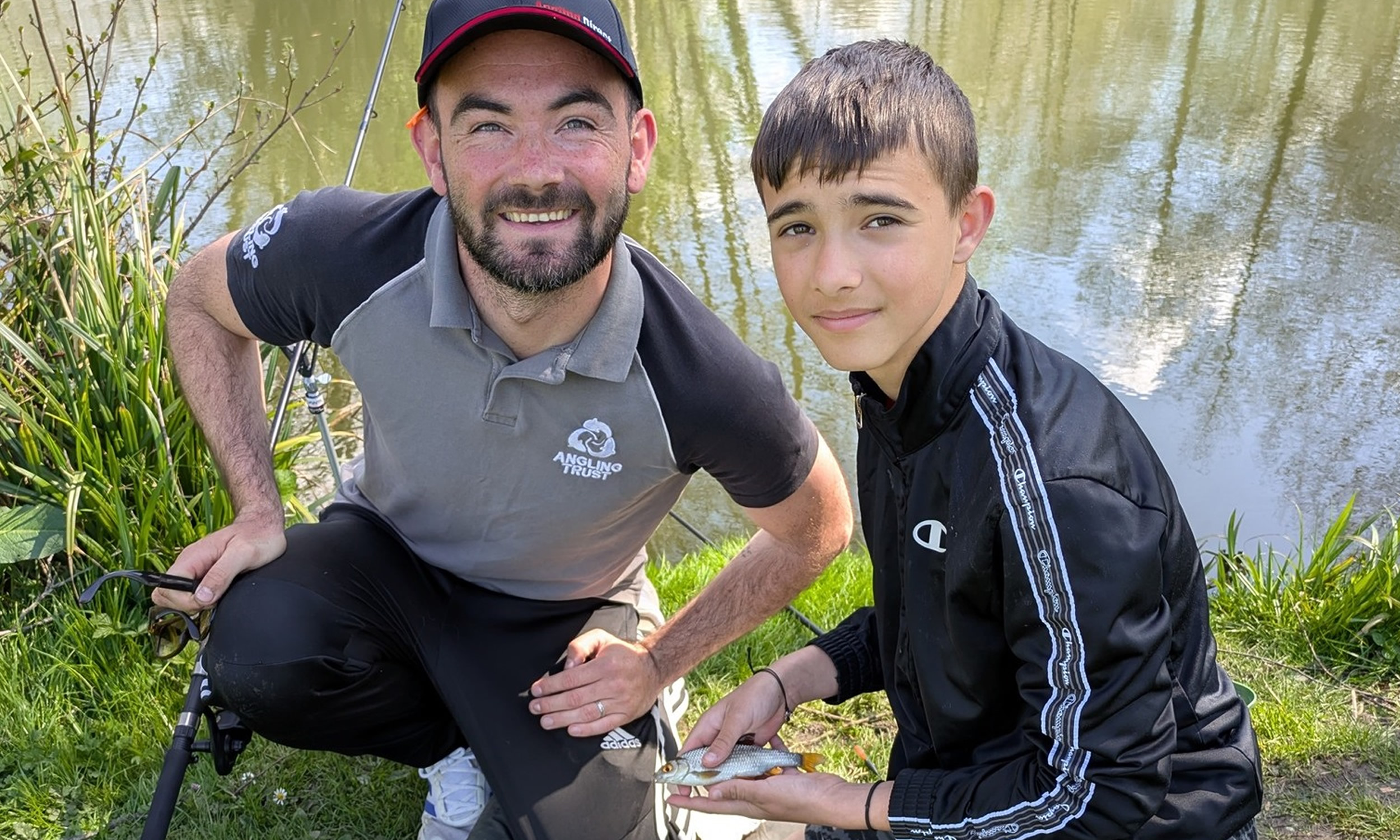
BLOG: Jack’s Back! What’s been happening in my East…

We want a water industry fit for purpose

VIDEO: What are your favourite fishing moments?! – Get…

Angling Trust Presses Water Commission to Go Faster and…

VIDEO: Alice and her 3 boys have a day…

Recovery Rods help boost mental health and wellbeing by…

Teddy is hooked! – back for more fishing and…

Thank you to all our volunteers – you do…

Get Fishing Fund – Funded Project: HACRO were visited…

New Horizons had an amazing day taking part in…

Get Fishing Fund – Funded Project Blog: Steve Clamp…

Somersham Angling Club hosted some fabulous Get Fishing events…

BLOG: Jack’s Back! What’s been happening in my East…

We want a water industry fit for purpose

VIDEO: What are your favourite fishing moments?! – Get…

Angling Trust Presses Water Commission to Go Faster and…

VIDEO: Alice and her 3 boys have a day…

Recovery Rods help boost mental health and wellbeing by…

Teddy is hooked! – back for more fishing and…

Thank you to all our volunteers – you do…

Get Fishing Fund – Funded Project: HACRO were visited…

New Horizons had an amazing day taking part in…

Get Fishing Fund – Funded Project Blog: Steve Clamp…

Somersham Angling Club hosted some fabulous Get Fishing events…

BLOG: Jack’s Back! What’s been happening in my East…

We want a water industry fit for purpose










